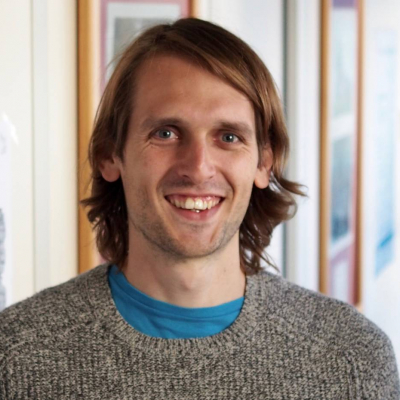Research Highlight
Professor Benjamin Eva
Who is/are your favorite philosopher(s)? Why?
My answer to this changes pretty often, but Wittgenstein, MacIntyre, Hume, Russell, Carnap and Keynes are definitely near the top. Oh, and my colleague Reuben Stern is my favorite person to do philosophy with (I had to say that since he listed me).
How would you describe your research program?
Well, I like to work on a lot of different things, but here’s a quick description of two of my main research projects.
First, I’m interested in questions regarding how we should reason under conditions of uncertainty. A lot of my work is concerned with developing formal methods that help us to explicate the norms of uncertain reasoning and decision making. More generally, most of my work is focused on telling us how to reason better in one way or another.
Secondly, I’ve developed a strong interest in AI ethics in general, and algorithmic fairness in particular. I think this is a major social problem right now, and it’s one that analytic philosophers are uniquely well situated to contribute to. In some recent papers, I’ve been developing a novel account of how we should go about identifying bias and unfairness in the statistical profile of an algorithm’s predictions, and I’m in the process of using this account to evaluate some algorithms that are used in the US criminal justice system.
What issues or questions in philosophy are you most excited by?
I’m typically most enchanted by problems that reveal apparent inconsistencies or incoherence in concepts that play a pivotal role in our lives and/or our world view.
What project/paper/collaboration/etc. are you proudest of so far?
Hard to choose, but I guess I’ll talk about my paper "Principles of Indifference," since it might be the paper I had the most fun writing. That paper addresses the question of what we should believe (what probabilities we should use) when we have no evidence. The principle of indifference roughly says that in the absence of evidence, you should be equally confident in all the relevant possibilities. But we know that that principle is actually inconsistent when you try to apply it to multiple problems at the same time. In my paper, I explore some new ways of trying to rescue that principle and show that only one of them has any chance of working.
What are you currently working on?
I’m currently writing a few new papers on algorithmic fairness, one paper in decision theory, and one paper about the logic of gradable adjectives.
What's the holy grail, pipe dream project?
I’d love to find something systematic to say about the norms for generating new hypotheses (as opposed to evaluating existing hypotheses).
Check out Professor Eva's personal website here!
This page is dedicated to highlighting the work of our graduate students and faculty. Check back soon to find a new profile of a Duke philosopher.

